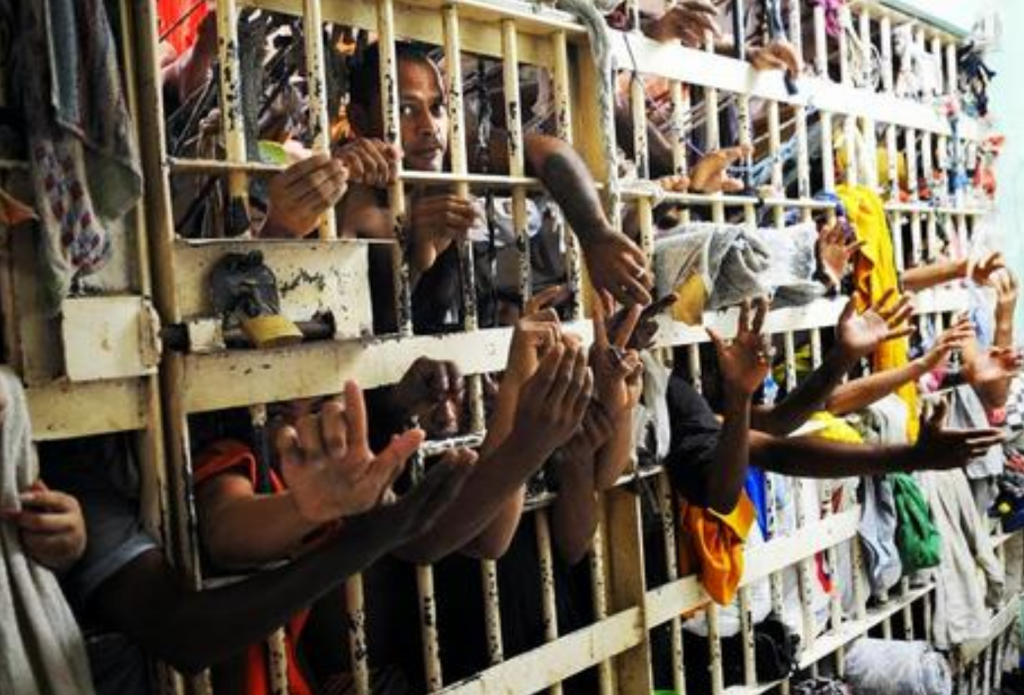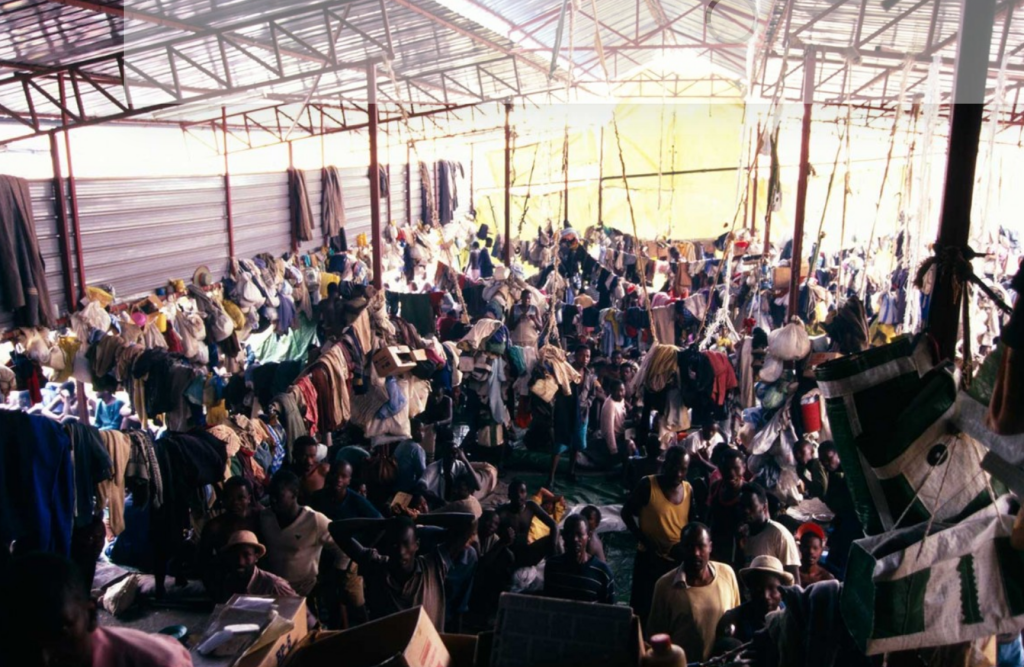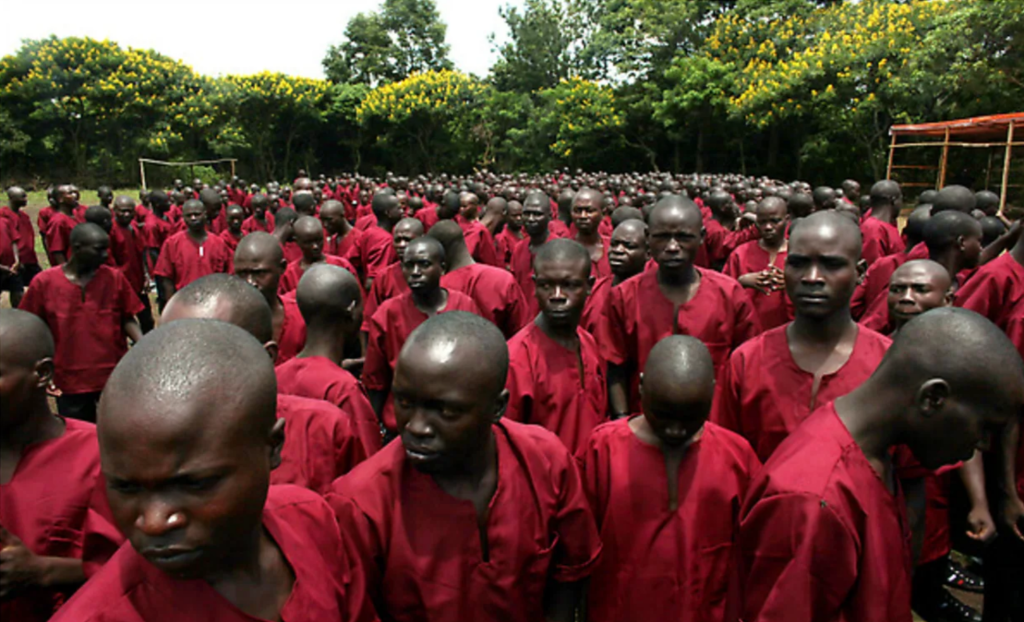This HRW map of Rwanda for 2017 lays bare the chilling reality, revealing a disturbing network of torture chambers scattered across the nation. Detailed within are systematic and horrifying patterns of torture, enforced disappearances, executions, unlawful and arbitrary detentions, unjust trials, and grave human rights violations perpetrated within military torture centers from 2010 to 2016—reminiscent of the very ones the Tutsi soldiers subjected us to during their torturous reign in 1998.

Dr. William A. Twayigize
- Home
- About Us
- Testimonies
- The Long Walk
- My Homeland
- A Day With My Father
- The Village Traditional Healer
- A Murder On Boxing Day
- My Last Football Match
- Our Prophets And Patriarchs
- The Assassination of the Presidents
- The RPF Massacres of Hutus in Zaire/DRC
- The Fall of Mobutu
- The Hutu Refugees Massacres in Picture
- A Hellish Journey to Rwanda
- Killed From The Altar
- The Origin of Hatred
- Arriving In Kenya
- A Scarred Past
- Coming to America
- Arriving in America
- Ministries
- Contact Us




